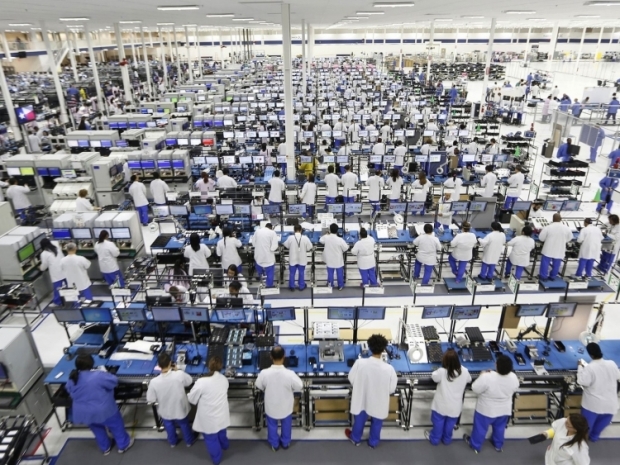The company said that it remained committed to creating as many as 13,000 jobs in Wisconsin, and continued to "actively consider opportunities" involving flat-screen technology. But it said it was also "examining ways for Wisconsin's knowledge workers to promote research and development".
"The global market environment that existed when the project was first announced has changed", Foxconn said in a statement. "As those of our customers drive our plans, this has necessitated the adjustment of plans for all projects, including Wisconsin."
But the company said its presence in Wisconsin remained a priority and said it was "broadening the base of our investment" there.
Some Wisconsin Republicans blamed the company's change in plans on the election of Gov. Tony Evers, a Democrat, to succeed Walker, a Republican, in November.
In a joint statement, Assembly Speaker Robin Vos and the Senate majority leader, Scott Fitzgerald, said it was "not surprising Foxconn would rethink building a manufacturing plant in Wisconsin under the Evers administration". The lawmakers added: "The company is reacting to the wave of economic uncertainty that the new governor has brought with his administration."
Walker thought that giving Foxconn a huge pile of taxpayer money to hire lots of Wisconsin workers even though it would take years to make money back was a good idea. Evers did not. However the issue does not appear to be any sweeteners drying up, but the fact that it costs too much to make tellies in the US.
The Foxconn statement followed a Reuters report quoting Louis Woo, a special assistant to Foxconn's chairman, Terry Gou, as saying that the costs of manufacturing screens for televisions and other consumer products are too high in the United States. "Regarding TV, we have no place in the US. We can't compete", Woo said.




